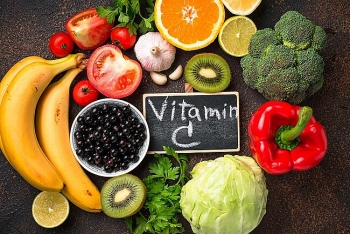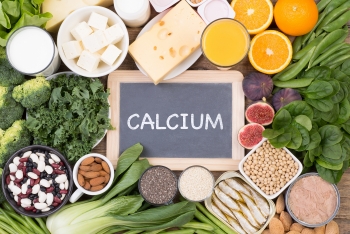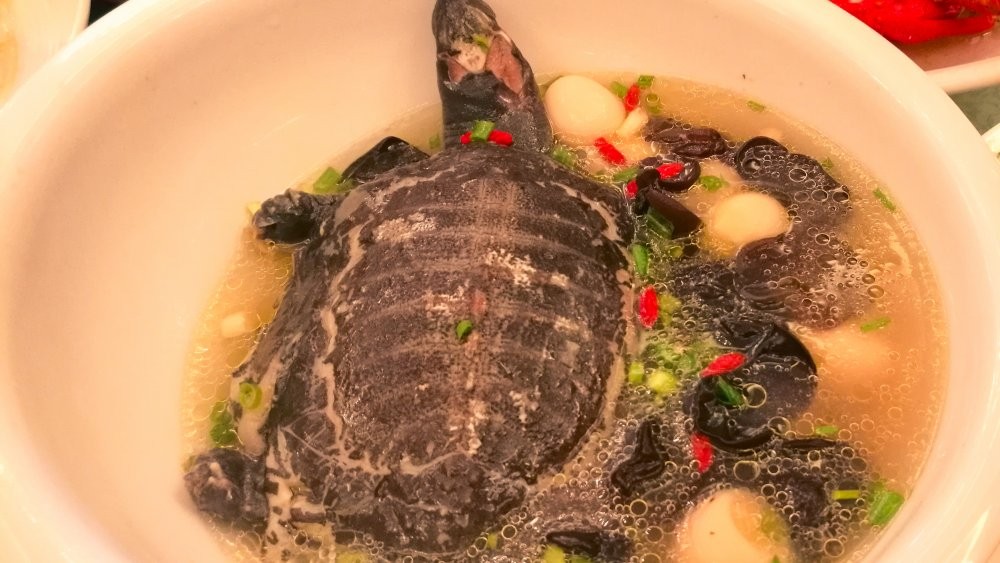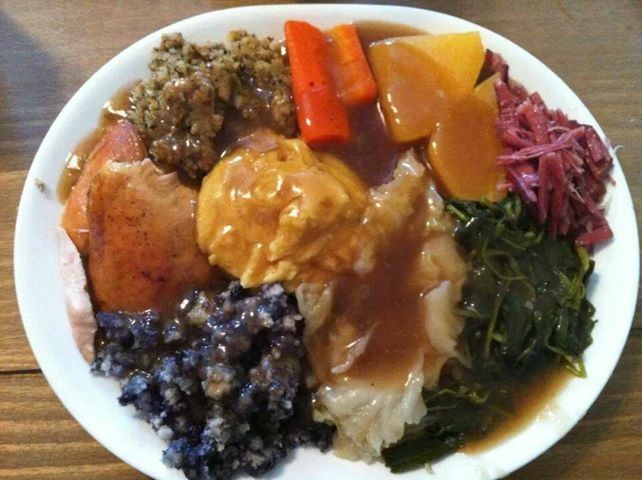Top 12 Foods Beneficial for Eye Vision
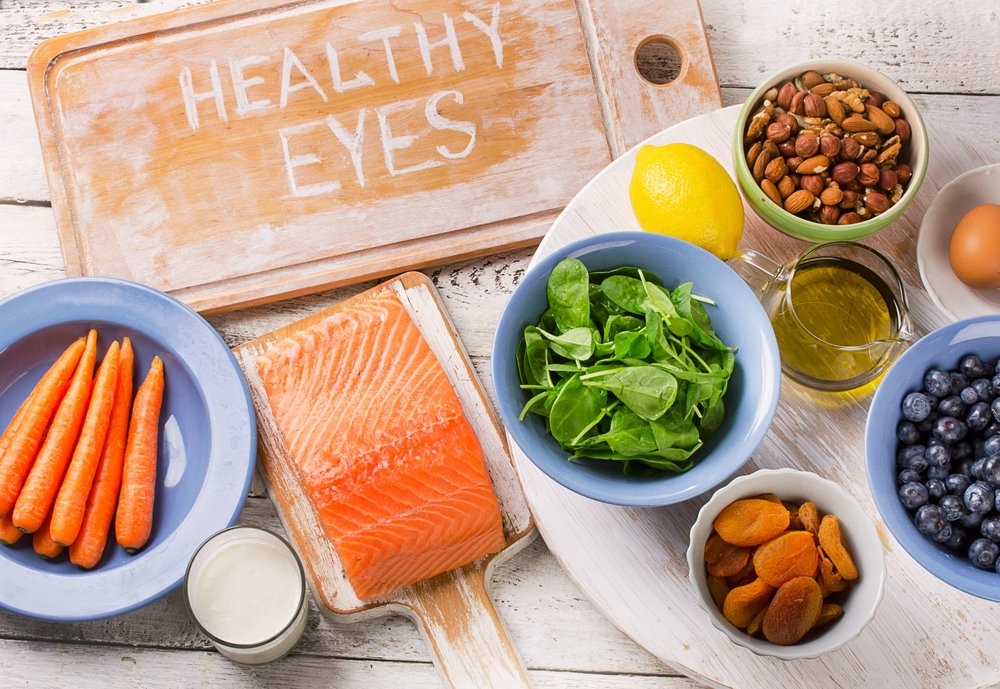 |
| Photo: iCare Family Vision |
A healthy pair of eyes, especially at an older age is no less than a blessing, as can be vouched by those who are suffering from some kind of vision loss issues.
That’s why it’s so imperative to take care of your eyes and vision in every possible manner, including what you consume as food.
KnowInsider has segregated the 12 best foods for healthy eyes!
1. Fish
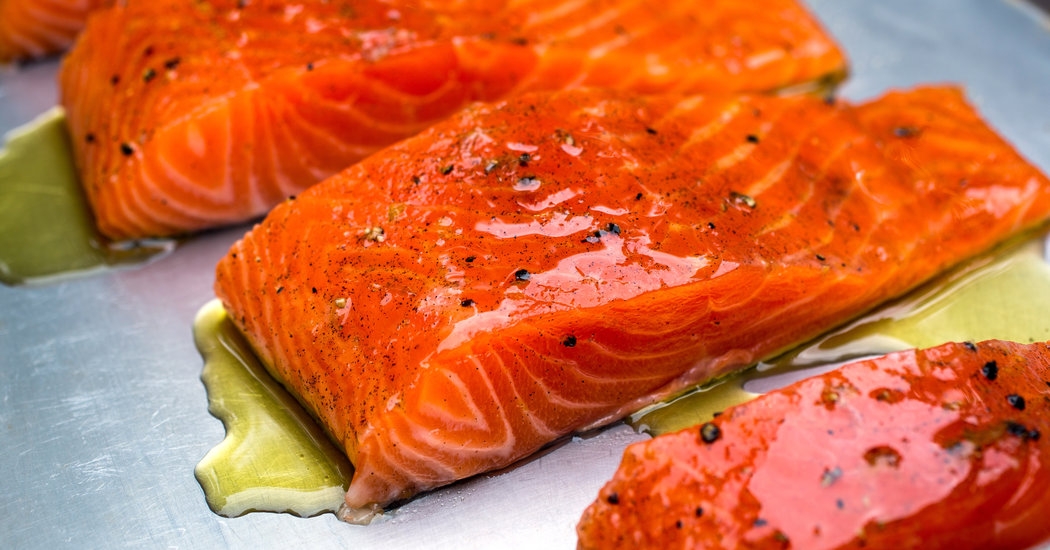 |
| Photo: Well - The New York Times |
Fish, particularly salmon, can be a great food to consume for eye health. Salmon and other fish have omega-3 fatty acids. These are “healthy” fats. Omega-3 fatty acids can contribute to visual development and the health of the retina in the back of the eye. They can also help prevent dry eyes, according to Healthline.
Consider incorporating fish into your meal plan a few days a week. When buying salmon, choose a wild-caught version instead of farm-raised salmon. That’s because farm-raised salmon has more saturated fatTrusted Source and less omega-3s than wild-caught salmon.
Salmon, and most fish, can be grilled or broiled. Try seasoning it with fresh herbs, lemons, and salt and pepper for a simple and delicious dinner.
2. Eggs
Eggs are a great food to eat for eye health. The yolks contain vitamin A, lutein, zeaxanthin, and zinc, which are all vital to eye health. Vitamin A safeguards the cornea. The cornea is the surface of the eye. Lutein and zeaxanthin lower the chance of getting serious eye conditionslike age-related macular degeneration and cataracts. Zinc contributes to the health of the retina. The retina is the back of the eye. Zinc also helps the eyes see at night.
Eggs are extremely versatile and can work for breakfast, lunch, and dinner. A simple way to enjoy eggs is by hard-boiling them. Try them in salads and sandwiches. You can even eat a hardboiled egg for a snack.
3. Whole grains
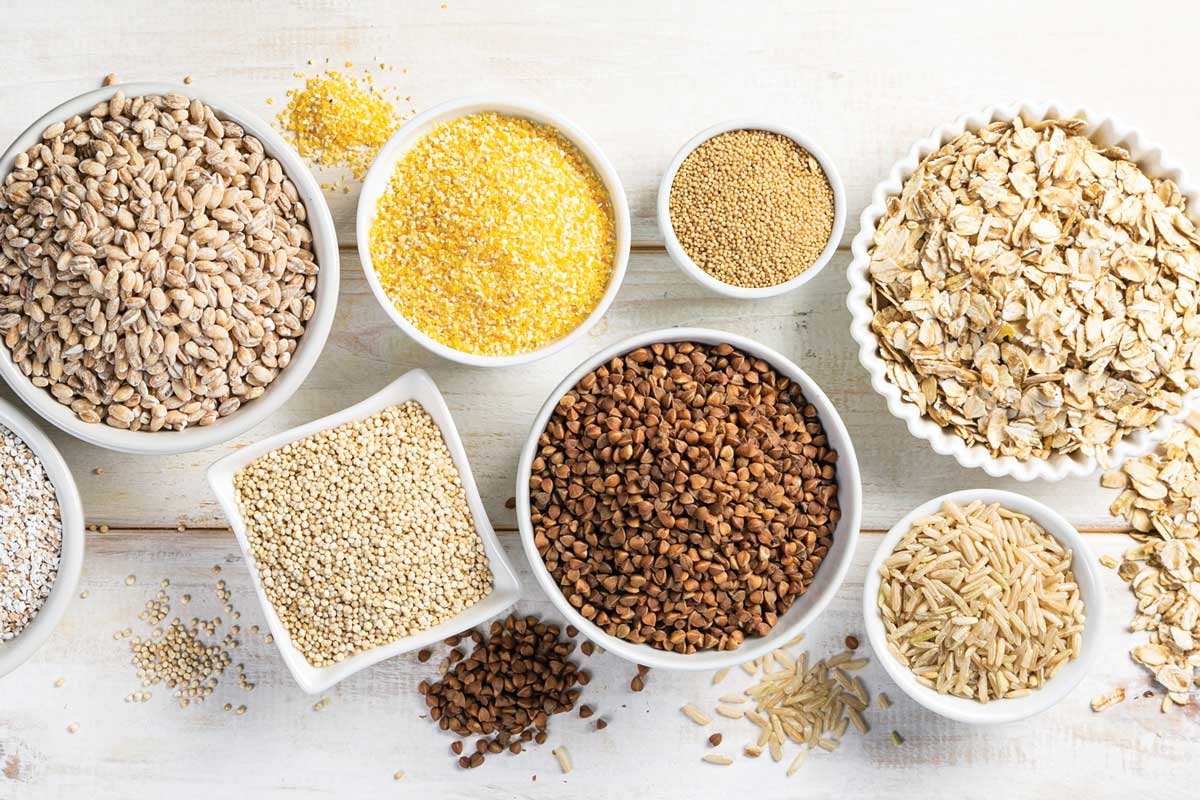 |
| Photo: Bakingbusiness.com |
A diet containing foods with a low glycemic index (GI) can help reduce your risk for age-related macular degeneration. Swap refined carbohydrates for quinoa, brown rice, whole oats and whole-wheat bread and pasta. The vitamin E, zinc and niacin found in whole grains also help promote overall eye health, My Envision Eyecare cites.
4. Raw red peppers
Bell peppers give you the most vitamin C per calorie. That's good for the blood vessels in your eyes, and science suggests it could lower your risk of getting cataracts. It's found in many vegetables and fruits, including bok choy, cauliflower, papayas, and strawberries. The heat will break down vitamin C, so go raw when you can. Brightly colored peppers also pack eye-friendly vitamins A and E, as said by Web MD.
5. Dark, leafy greens
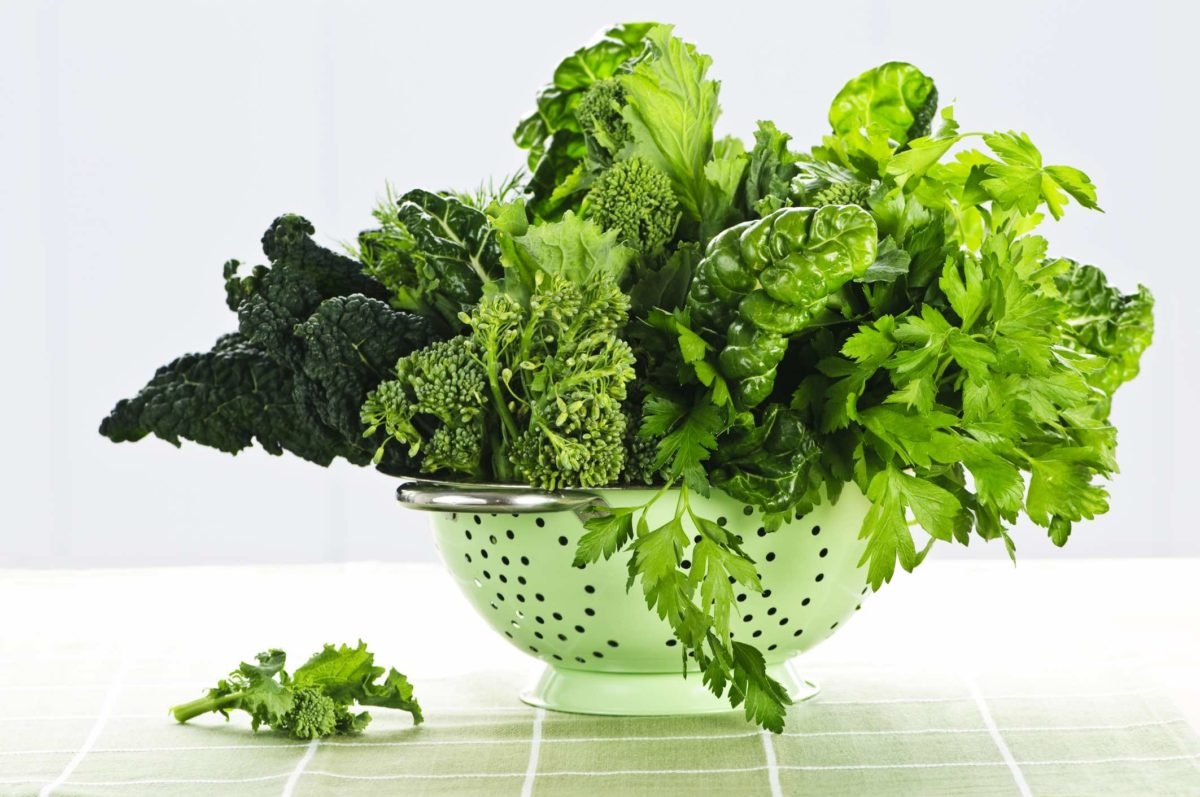 |
| Photo: The Academy of Culinary Nutrition |
Kale, spinach, and collard greens, for example, are rich in both vitamins C and E. They also have the carotenoids lutein and zeaxanthin. These plant-based forms of vitamin A lower your risk of long-term eye diseases, including AMD and cataracts. Most people who eat Western diets don't get enough of them.
6. Sweet potatoes
Orange-colored fruits and vegetables -- like sweet potatoes, carrots, cantaloupe, mangos, and apricots -- are high in beta-carotene, a form of vitamin A that helps with night vision, your eyes' ability to adjust to the darkness. One sweet potato also has more than half the vitamin C you need in a day and a little vitamin E.
7. Lean meat and poultry
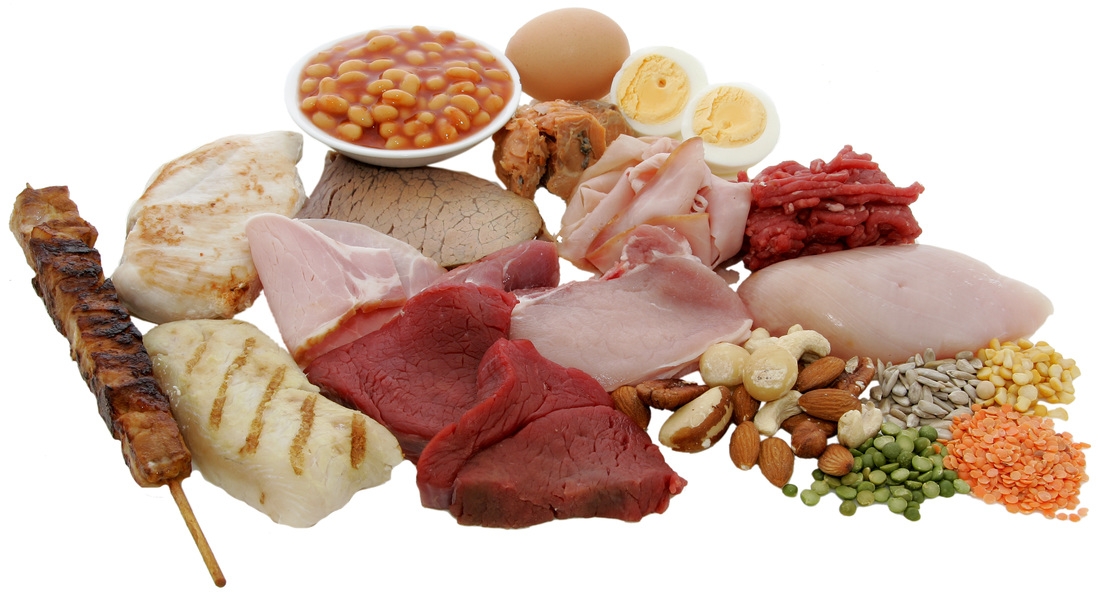 |
| Photo: TasteTheFood - Weebly |
Zinc brings vitamin A from your liver to your retina, where it's used to make the protective pigment melanin. Oysters have more zinc per serving than any other food, but you don't have to be a shellfish lover to get enough: Beef, pork, and chicken (both dark and breast meat) are all good sources.
8. Squash
Your body can't make lutein and zeaxanthin, but you can get them from squash all year long. Summer squash also has vitamin C and zinc. The winter kind will give you vitamins A and C as well as omega-3 fatty acids, too.
9. Broccoli and brussels sprouts
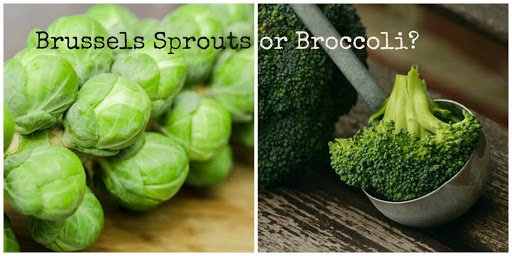 |
| Photo: Nutrizonia |
These related veggies come with another winning combination of nutrients: vitamin A (as lutein, zeaxanthin, and beta-carotene), vitamin C, and vitamin E. They're all antioxidants that protect the cells in your eyes from free radicals, a type of unstable molecule that breaks down healthy tissue. Your retinas are especially vulnerable.
10. Oranges
Oranges and other citrus fruit contain vitamin C, which is key for eye health. The vitamin, found mainly in fresh fruits and vegetables, contributes to healthy blood vessels in your eyes. It can combat the development of cataracts, and in combination with other vitamins and nutrients, age-related macular degeneration.
To enjoy oranges, you can drink orange juice, peel one as a snack, or add them to a fruit salad
11. Dairy
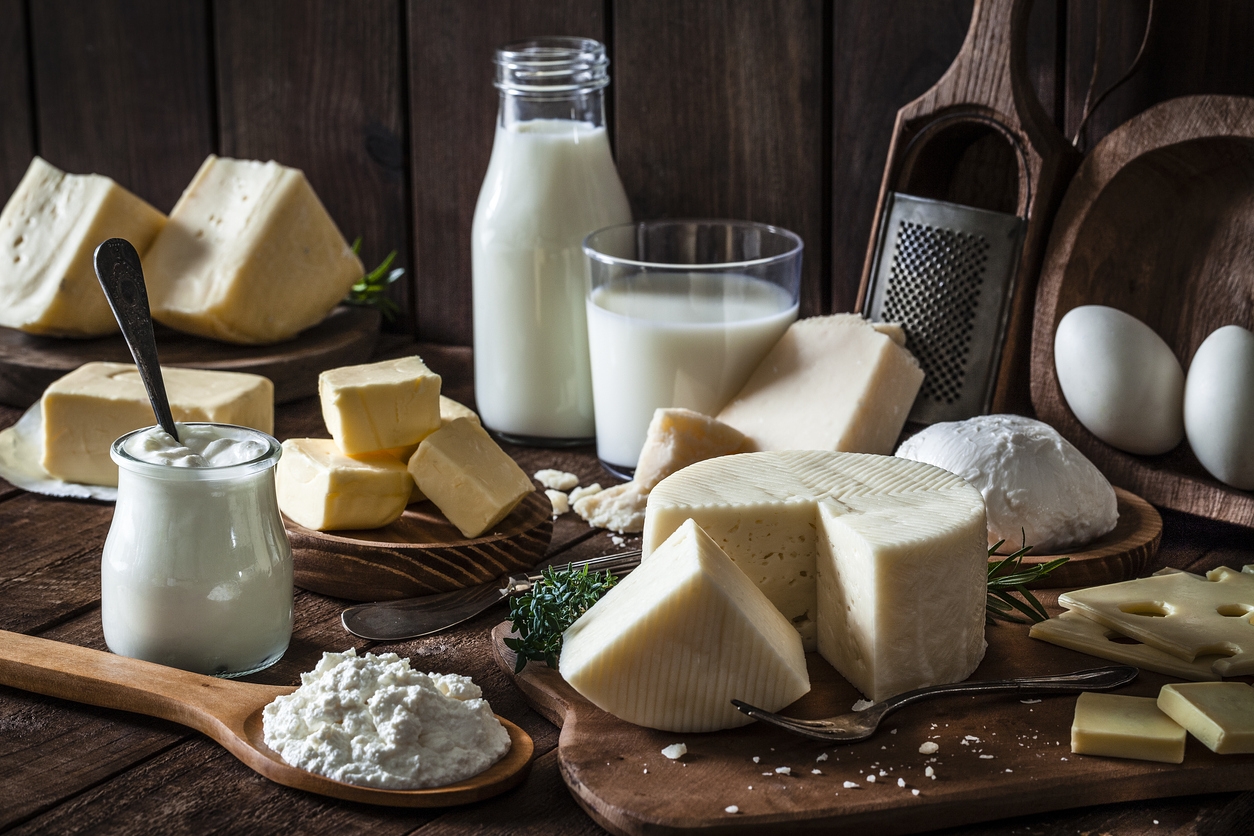 |
| Photo: Your.MD |
Dairy products such as milk and yogurt can be good for the eyes. They contain vitamin A as well as the mineral zinc. Vitamin A protects the cornea while zinc helps bring that vitamin to the eyes from the liver. Zinc is found throughout the eye, especially the retina and choroid, which is the vascular tissue that lies under the retina. This important mineral helps with night vision as well as the prevention of cataracts. Dairy from grass-fed cows provides the most benefits.
Dairy can be consumed throughout your day. You can drink a glass with a meal or enjoy it in coffee and tea, or breakfast cereal. A yogurt is a healthy option for breakfast or as a snack.
12. Carrots
Carrots are well-known to be good for eye health. Like egg yolks, carrots have vitamin A and also beta carotene. Vitamin A and beta carotene help the surface of the eye and can also help prevent eye infections and other serious eye conditions.
Carrots are easy to eat on the go. Julianne whole carrots or keep a bag of baby carrots handy for an afternoon or evening snack. Toss them in salads and soups for some added nutrition, or shred them up and add them to muffin or pancake batter.
| Kale Kale is known as a superfood by many because it contains so many important vitamins, nutrients, and minerals. It’s extremely good for eye health. Kale has the antioxidants lutein and zeaxanthin, also found in eggs and other foods. These nutrients may help to prevent serious eye conditions such as age-related macular degeneration and cataracts. Lutein and zeaxanthin aren’t made in the body, so you have to incorporate them into your diet. A 100 gram serving of kale, which is about 1 ½ cups, contains 11.4 mg of lutein, and it’s recommended you get 10 mg per day. Other vegetables high in lutein are red peppers and spinach. Kale can be made into snack chips. First, wash the leaves, then tear them into small pieces; toss it in olive oil, and bake it 20 minutes or so, until the kale gets crispy. You can season them with a light sprinkle of salt. You can also sauté kale for a side dish or serve it in a salad. |
For more interesting topics, please check out our KnowInsider!
|
Vitamin C is an inevitable nutrition in our body. However, the body does not store excess vitamin C, so we should take in a sufficient ... |
|
Calcium is essential for general health. If your daily intake is still low on calcium, scroll through the article below. Next time you prepare your ... |
|
The first few weeks home with your new baby can be physically, mentally and emotionally exhausting. Let the nutrients be your supporter. Below are the ... |

